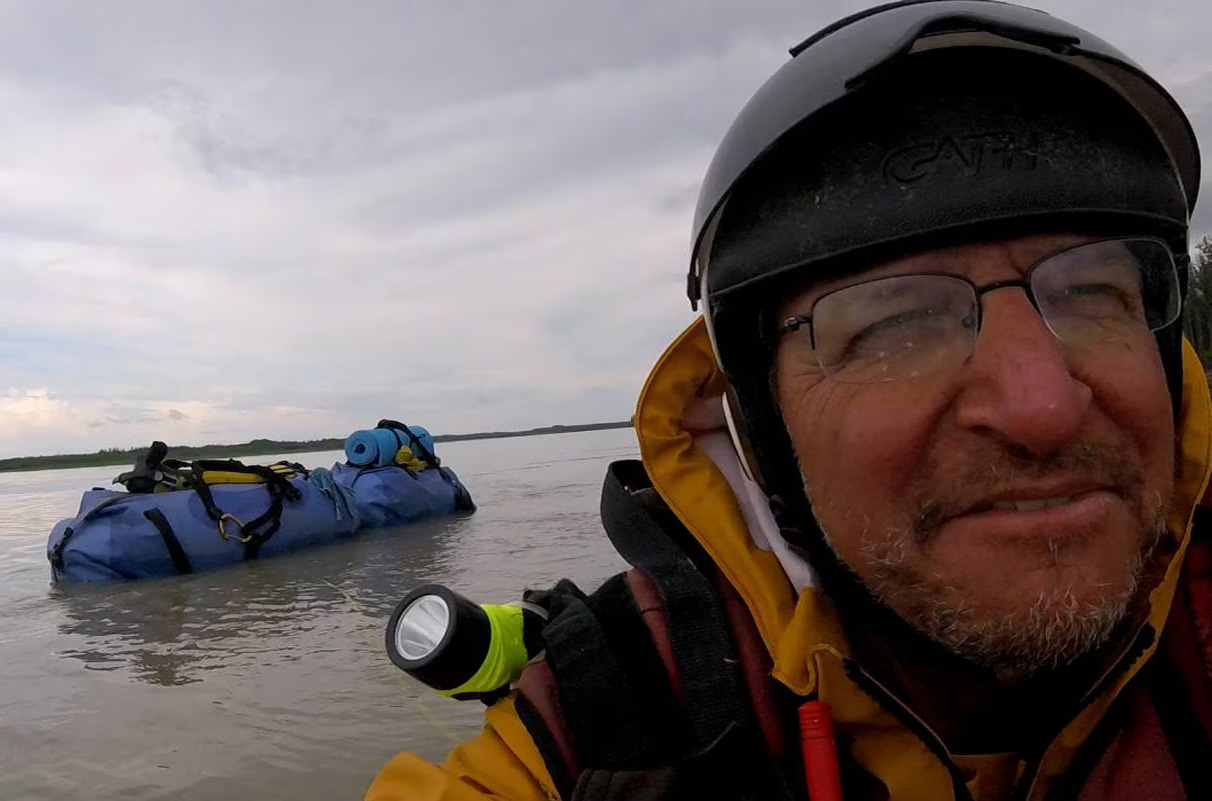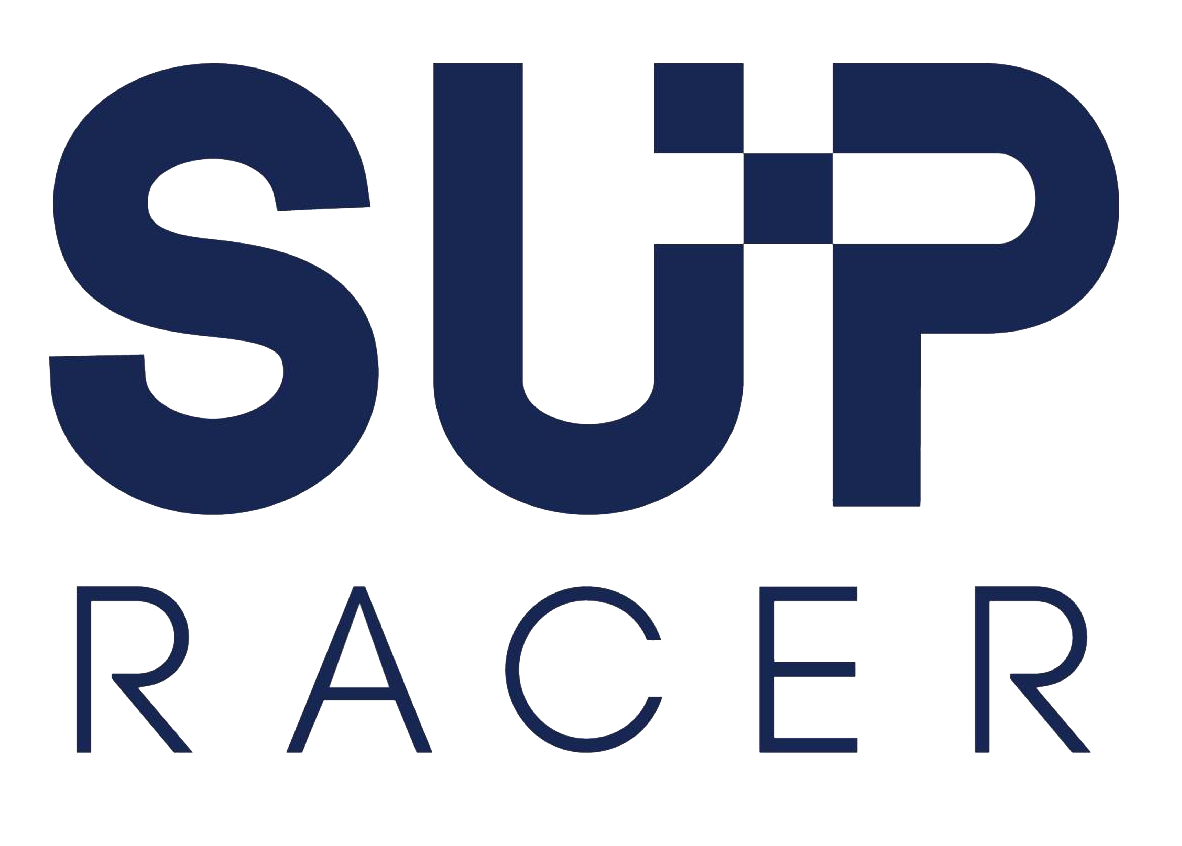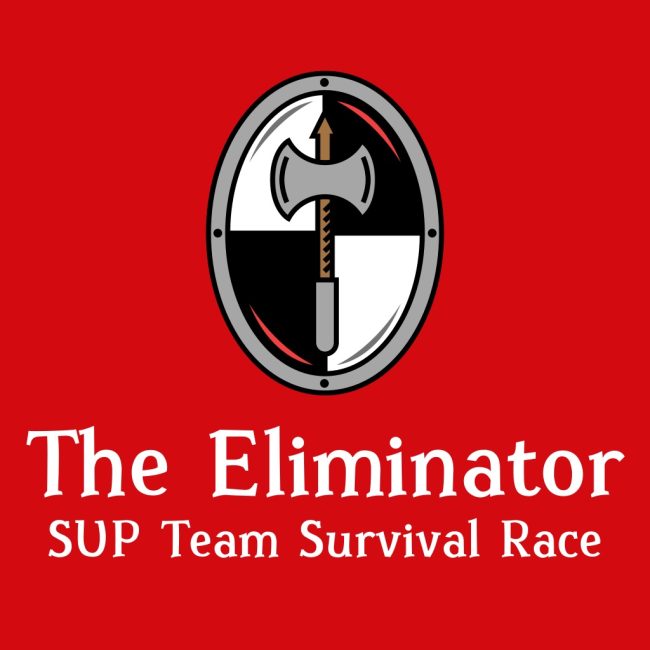The Yukon River is a beautiful, remote and very cold part of the world. Cold in both the literal sense – it’s frozen for several months – and metaphorical: void of humanity. Spend enough time alone in the Yukon and you’ll either “find yourself” or go crazy. Perhaps both.
Unfathomably long, harshly isolated and, beyond the “popular” 700km stretch from Whitehorse to Dawson, rarely paddled, the Yukon River is equal parts adventure and survival. There’s almost zero phone coverage and even less road access. If you get hurt, you’re probably days from being rescued. Bear spray is considered mandatory.
In other words: a wild part of the planet.
Paddling the Yukon is tough at the best of times, but imagine paddling it alone, unsupported, for three months, with half your body dangling in the water every day.
It sounds laughably crazy.
It also sounds indescribably epic, bravely adventurous and boldly original. Because nobody on earth has ever done it except one man, Denis Morin, a humble French-Canadian who kicked and paddled almost 2000 miles (3200km) from Whitehorse in Canada to the mouth of the Yukon on the remote Bering coast of Alaska.
And he did it on a riverboard.
It’s hard to grasp what’s most impressive about Morin’s adventure. The fact he did it alone, the fact he did it on a riverboard, or the fact he didn’t make any fuss whatsoever about the attempt.
“I just go into the river alone,” the understated Morin told journalist Lisa Demer for an article in the Anchorage Daily News that is probably the best telling of this epic story. The adventure took place in 2016 but I only heard about recently and thought it deserved a new audience.
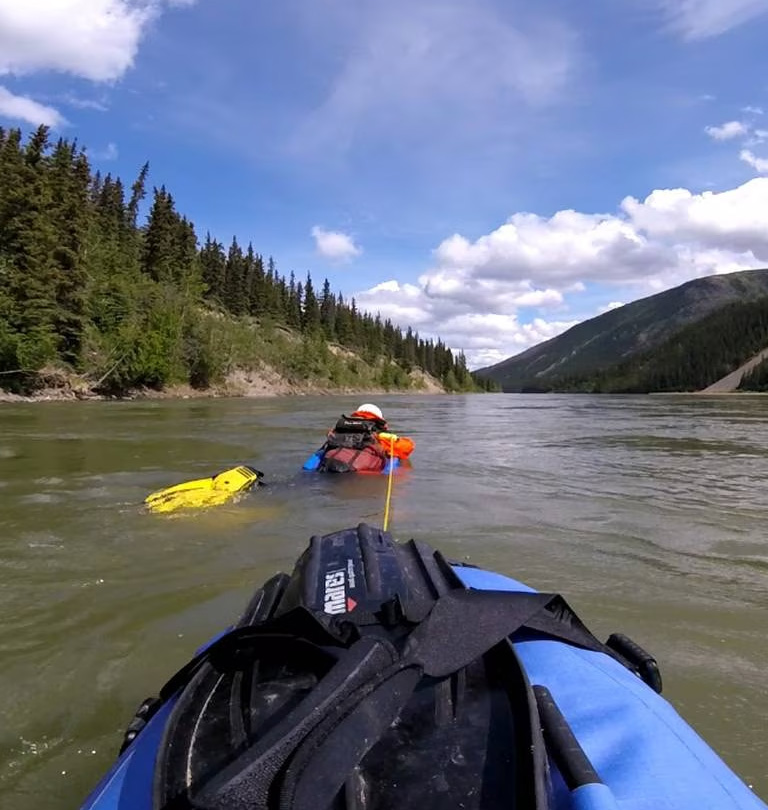
In researching this adventure I first had to find out what on earth a riverboard is. Imagine a strange lovechild of boogie-boarding and whitewater rafting. That’s riverboarding. Propelled mainly by flippers on your feet but occasionally becoming a primitive form of prone paddleboarding with use of the arms, riverboarding isn’t exactly the fastest craft on the water. In fact, I can’t think of any slower.
Just like the boogie’ing we did as kids, riverboarding means dangling your body in the water from the waist down. That’s fine when you’re a five-year-old on a sunny day at the beach. Try doing it in bitterly cold water when you’re hundreds of miles from the nearest doctor.
To counter this chill, which can be as low as 5°C in May when he began his odyssey in Whitehorse, Morin wore a thick wetsuit. By the end of his journey it no longer fit: He lost almost 20kgs.
Without the relative luxury of a canoe, Morin had to get creative to carry his 60kg of food and gear: he tied two drybags to a rope and hauled them along behind.
And without the power of a canoe paddle, Morin was at the mercy of the Yukon’s raging downstream flow.
“The current is my partner for dancing but I don’t choose the rhythm and I don’t choose the music.”
At times the headwinds howled so hard that progress on his homemade riverboard was impossible even with his generous dance partner pushing him along. One of the Yukon locals told me that Morin got stuck on a major bend in the river for two days kicking fruitlessly into a forty knot headwind.
There were sightings of bears, moose and an errant salmon that jumped onto his board (he let it go). In the isolated lower reaches of the river, Morin paddled behind a barge for a few hours and was invited on board for a beer with the captain.
At remote river communities, where the population can be as low as 30 and roads simply don’t exist, the recently-retired IT professional would restock his food and ask for word to be sent to family assuring them he was still alive. And at the US/Canadian border, Morin had the surreal task of having to get out of the water, pick up the world’s loneliest payphone and tell a U.S. border official what on earth he was doing.
In an odyssey that would make Jack Kerouac proud, Morin slept all but two nights in a simple tent beside the river.
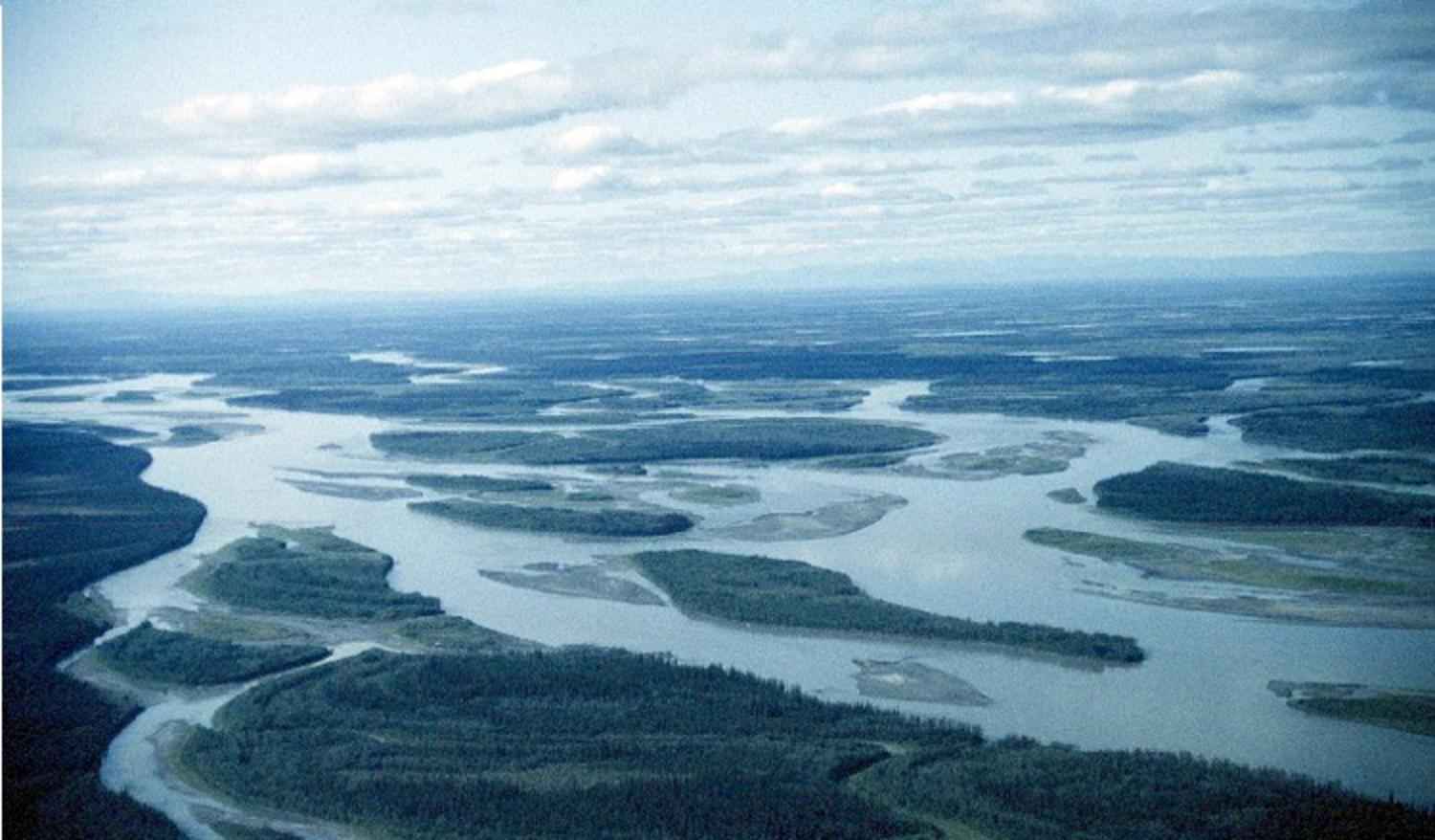
Not one to bother with technology, except for a GoPro that was eventually lost and an emergency beacon he thankfully never used, Morin navigated the labyrinthine islands of the middle-to-lower Yukon using a river map he’d embedded on a long scroll that wouldn’t seem out of place in Ancient Greece.
Told by a local not to go beyond the halfway mark without GPS navigation or risk almost certain death, the retired IT professional said that he felt comfortable reading his simple map and never got lost. At least not physically.
Morin connected with locals right along the river – at times brought to tears by their generosity – and finally reached his destination, the small village of Emmonak on the bitterly cold shores of the Bering Sea, after an extraordinary 75 days.
Exhausted both physically and emotionally, Morin lingered a few days and shared a barbecue with the locals before departing in what must have been a bittersweet moment.
As someone who has paddled part of the Yukon River from the relative comfort of a stand up during the Yukon River Quest, my hat goes off to this man.
Even doing the “easy” bit from Whitehorse to Dawson meant navigating with an old black & white map and venturing many miles from any form of civilisation. I’ve heard that going beyond the Quest finish line is like entering the abyss.
(The infamous Yukon 1000, which seems otherworldly yet still only covers half of Denis’ distance, promotes itself by stating “More people have summitted Everest than paddled beyond Dawson.”)
When you’re on the Yukon you are wonderfully isolated. You have time to explore not just the river but the far reaches of your own mind. “If you’ve got any kind of issues they’re gonna come out on the river,” was how the pioneering Stuart Knaack of SUP Yukon explained it to us. Stu was my support lead during the race in 2019, a challenge I wouldn’t have completed without the help of this hardy local.
Rugged and unforgiving yet beautiful and serene, the Yukon River is a special part of the world. And while it has produced many fascinating stories full of history, mystery and canoeing culture, none have left me in awe quite like this one.
For more details of Denis Morin’s epic odyssey, I recommend the original interview that inspired this post.
And as an interesting footnote for fellow fans of the ultras: Denis’ historic “Yukon Riverboard Quest” lines up perfectly with the 2016 Yukon River Quest that saw stand up paddlers allowed to compete for the first time. So when our faithful riverboarder was a month into his odyssey, probably somewhere around the US/Canadian border, Bart de Zwart and the pioneering class of 2016 were paddling down the Yukon not far behind him and leaving their own mark on this river’s incredible history.
